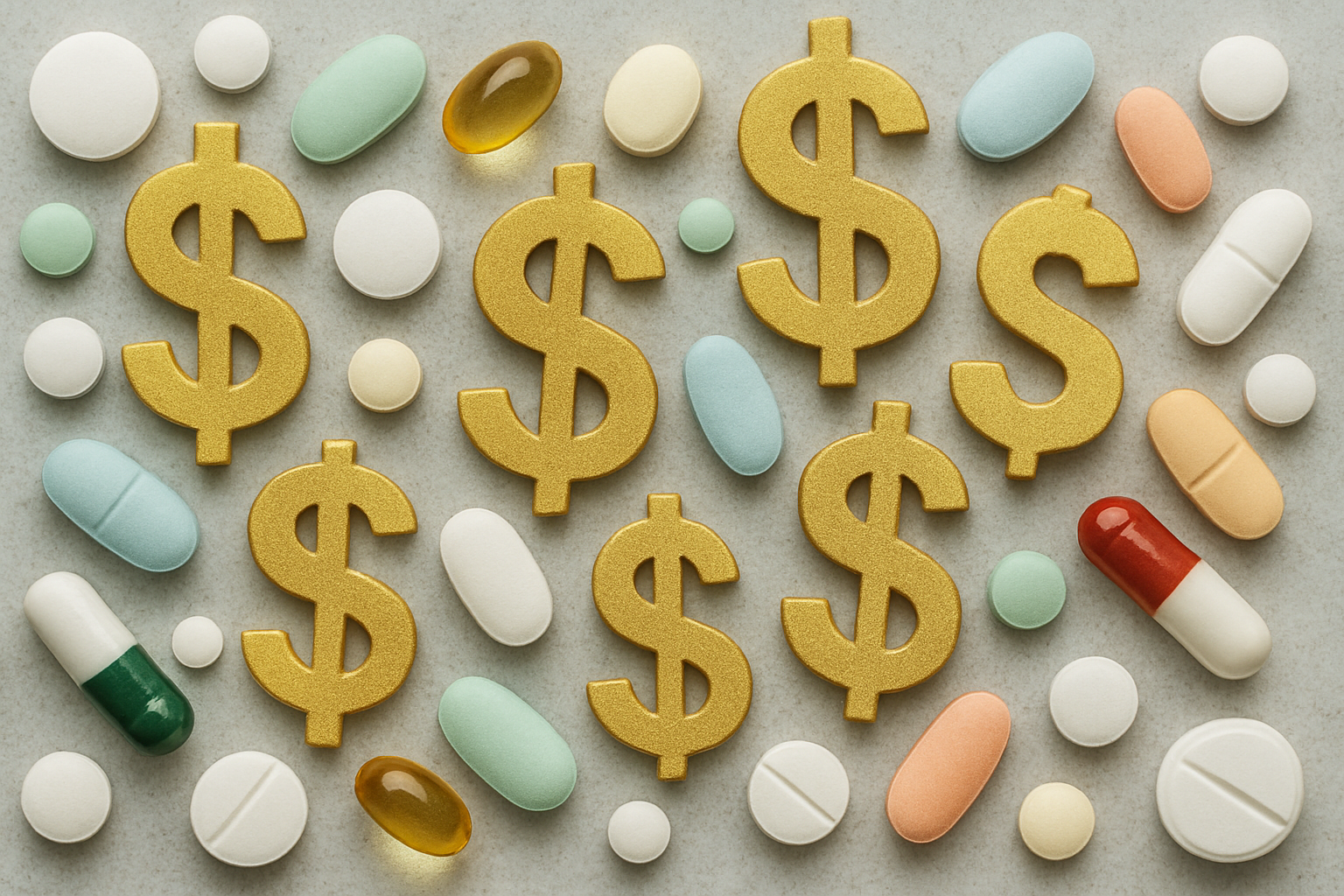The Unique Landscape of Correctional Healthcare
Correctional healthcare presents a unique paradox—despite its institutional setting, it often allows clinicians to exceed community standards of care. Dentists, for example, have noted that prison settings enable them to perform multi-stage procedures that insurance would not typically cover. Similarly, incarcerated individuals often receive specialist appointments faster than many civilians. The coordination across disciplines in a well-run correctional facility can be leagues ahead of community-based care.
However, with this level of clinical freedom comes the risk of losing sight of core responsibilities. A common mistake among healthcare professionals in these settings is focusing too much on specialized, high-impact work while neglecting routine but essential tasks.
When Excellence Overshadows Responsibility
I once encountered a behavioral health clinician who failed to complete all their required mental health rounds in segregation. When questioned, their justification was the intensive work they had done with another inmate. While that work was valuable, it didn’t excuse the fact that ten other individuals had been left unseen.
I explained to them that while their focused effort with one patient was commendable, if any of the neglected individuals had taken their own life, their families would not be comforted by the fact that another inmate received excellent care. The lesson? If you cannot fulfill your fundamental duties, you should not expand into additional responsibilities.
The Portrait Painter vs. the Sketch Artist
This situation reminded me of an important analogy—the difference between a portrait painter and a sketch artist.
- A portrait painter invests time in crafting a masterpiece, pouring extensive effort into one piece.
- A sketch artist ensures that everyone receives a basic yet essential rendering, providing coverage across the board.
In correctional healthcare, there are times when clinicians must act as sketch artists—ensuring that all patients receive the minimum necessary care before dedicating time to in-depth, specialized interventions. While personalized attention is valuable, it cannot come at the cost of core responsibilities.
Avoiding the Pitfall of Selective Effort
While some professionals genuinely strive to go above and beyond, others may use these extra efforts as a distraction from their core duties. I have observed employees who failed to complete required tasks but tried to justify it by highlighting their success in a different area. However, in most cases, they had the time to do both—the required work and the extra effort.
As a Health Authority, my role was to ensure the entire system functioned efficiently. Without clear expectations, individuals will naturally gravitate toward tasks they enjoy or take pride in, sometimes at the expense of essential responsibilities. True leadership requires balancing clinical freedom with accountability to prevent this imbalance.
Key Takeaways for Correctional Healthcare Leadership
- Set Clear Expectations: Define responsibilities so that no essential task is left incomplete.
- Monitor Performance Holistically: Acknowledge exceptional work but not as a trade-off for neglected duties.
- Encourage Consistency Before Expansion: Ensure that fundamental responsibilities are met before allowing clinicians to take on additional work.
- Address Selective Effort: Watch for employees who use above-and-beyond efforts as an excuse for neglecting required duties.
In correctional healthcare, the goal is to provide comprehensive, effective care—not just exceptional care for a few while others go without. Leaders must ensure that their teams balance portrait-level excellence with sketch-level consistency.







